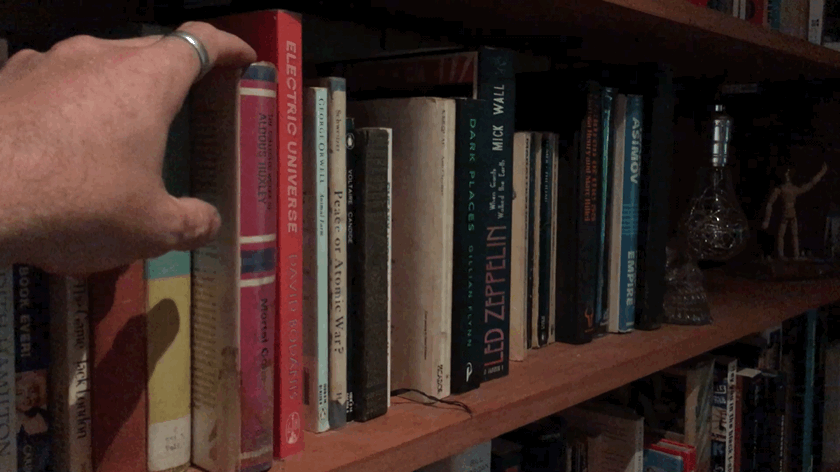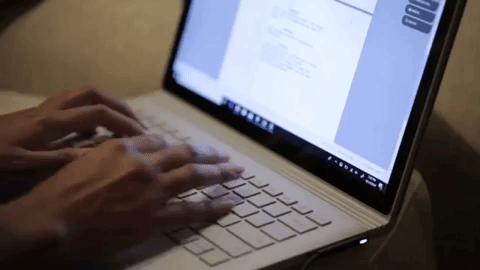Here are the 10 steps to becoming a freelance editor:
Enroll in a program to learn how to be an editor
While some editors pursue a bachelor’s degree in English or creative writing, there are no official schooling prerequisites to work as an editor. Take editing classes at a local college or a writer’s workshop to acquaint yourself with the editing process and gain the skills you need.
Take Psychometric Test To Know Your Best Career
Read a lot
A skilled freelance editor knows what’s going on in the literary world. You must be aware of the most popular story kinds and what readers are looking for. Read everything you can to assist the writers with whom you collaborate in crafting a story that readers will want to buy, enjoy, and share with others.

At a company begin your editing career
Consider working for a traditional publishing house, a magazine, or a newspaper to begin your professional path. To learn the ropes, get a few years of experience and enhance your editing talents under the supervision of other expert editors.
Working your way up from an entry-level editing position, such as an editorial assistant, is a good way to start. If working in-house appeals to you, you can advance through the ranks from assistant editor to managing editor to senior editor to the editor-in-chief (sometimes known as executive editor).
Start looking for editing work
Once you’ve established yourself as a freelancer, take on as many little editing assignments as you can to gain expertise. Consider working as a proofreader or as a freelance writer. You could try seeking additional employment on job listing websites for creative workers. You’ll become a better editor if you accomplish a wide variety of tasks early on.

Decide on the kind of editor you want to be
Decide what kind of editor you want to be once you’ve done a variety of positions. Do you prefer working on copy editing’s minute details or developmental editing’s big, structural fixes? You can specialize in more than one sort of editing by taking a broad approach to editing, but narrowing the scope of your work can help you perfect you skill.
Know Your Best Careers Take Psychometric Test
Decide the type of writing you want to edit
While you don’t have to take only one type of writing client, it’s a good idea to specialize in one form of work. As a freelance book editor or fiction editor, you’ll work with independent authors and fiction writers on book projects of 50,000 words or more. If you want to focus on academic writing, you’ll need to conduct more fact-checking and information sourcing.

Build a network
Increase the number of editors in your team. Join trade associations such as the Editorial Freelancers Association (EFA). The more contacts you have, the more likely you are to receive job referrals. Join a self-publishing group to meet authors that require an editor to proofread their work.
Create a portfolio of projects you have worked on
Have a portfolio as a freelancer of selected work to present potential clients after you’re up and running. You should also be able to offer them a complete example edit as well as client testimonials to prove you’re the best editor for the job.

Market your professional editing services
Start selling yourself as a professional freelancer to make it official. Begin by building a website. To increase traffic, use keywords for search engine optimization (SEO). To boost the possibilities of people finding your site, you could choose to start a blog about editing. Contact literary agents and publishing houses to see if they can refer you clients or hire you on a contract basis. Remember to print business cards and keep them on you at all times, ready to hand out.
Start talking on your own clients
Clients will start approaching you before you know it, and you’ll be earning a living as an editor. You might even get the chance to work on a best-selling book. Make sure that one is at the top of your portfolio.






